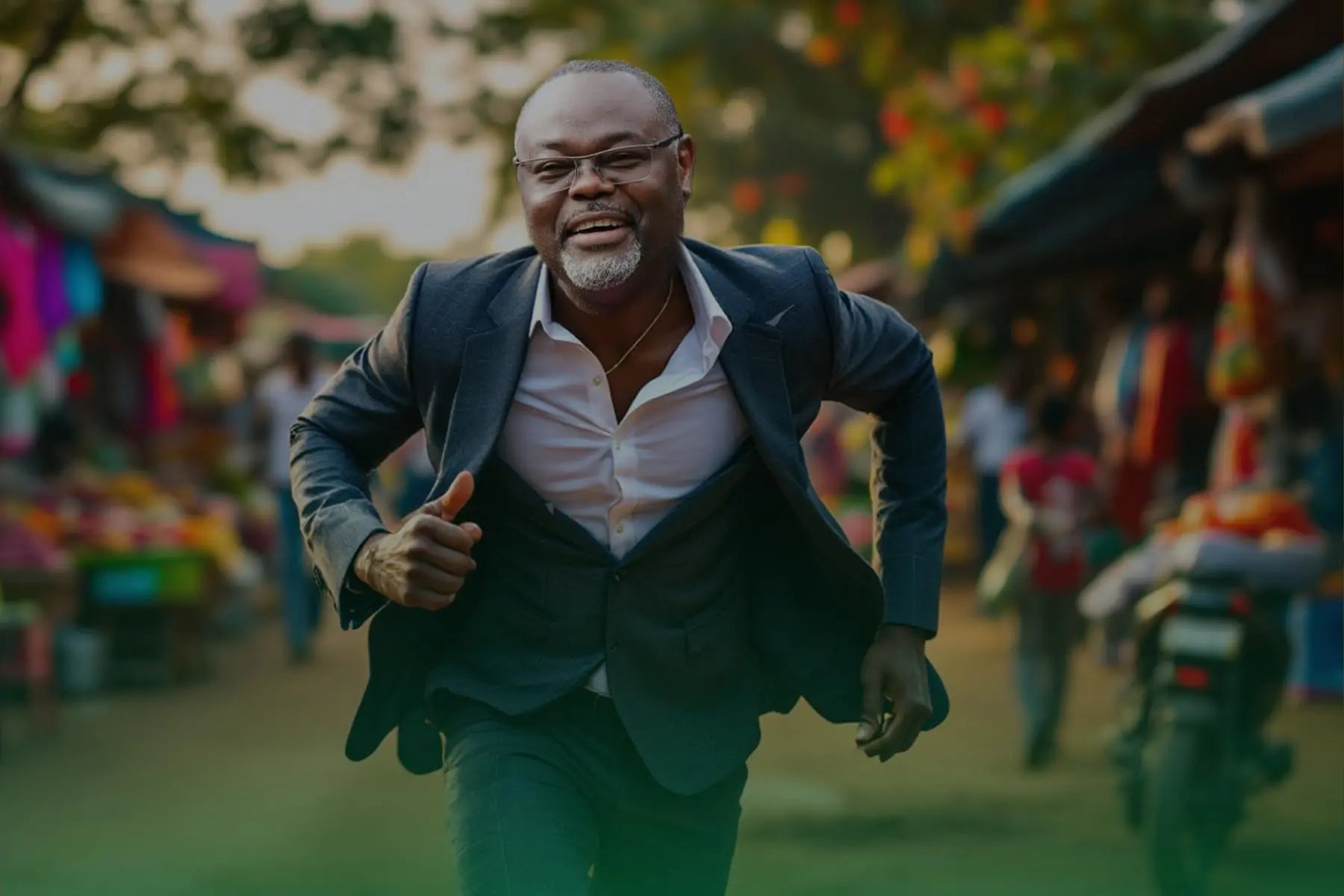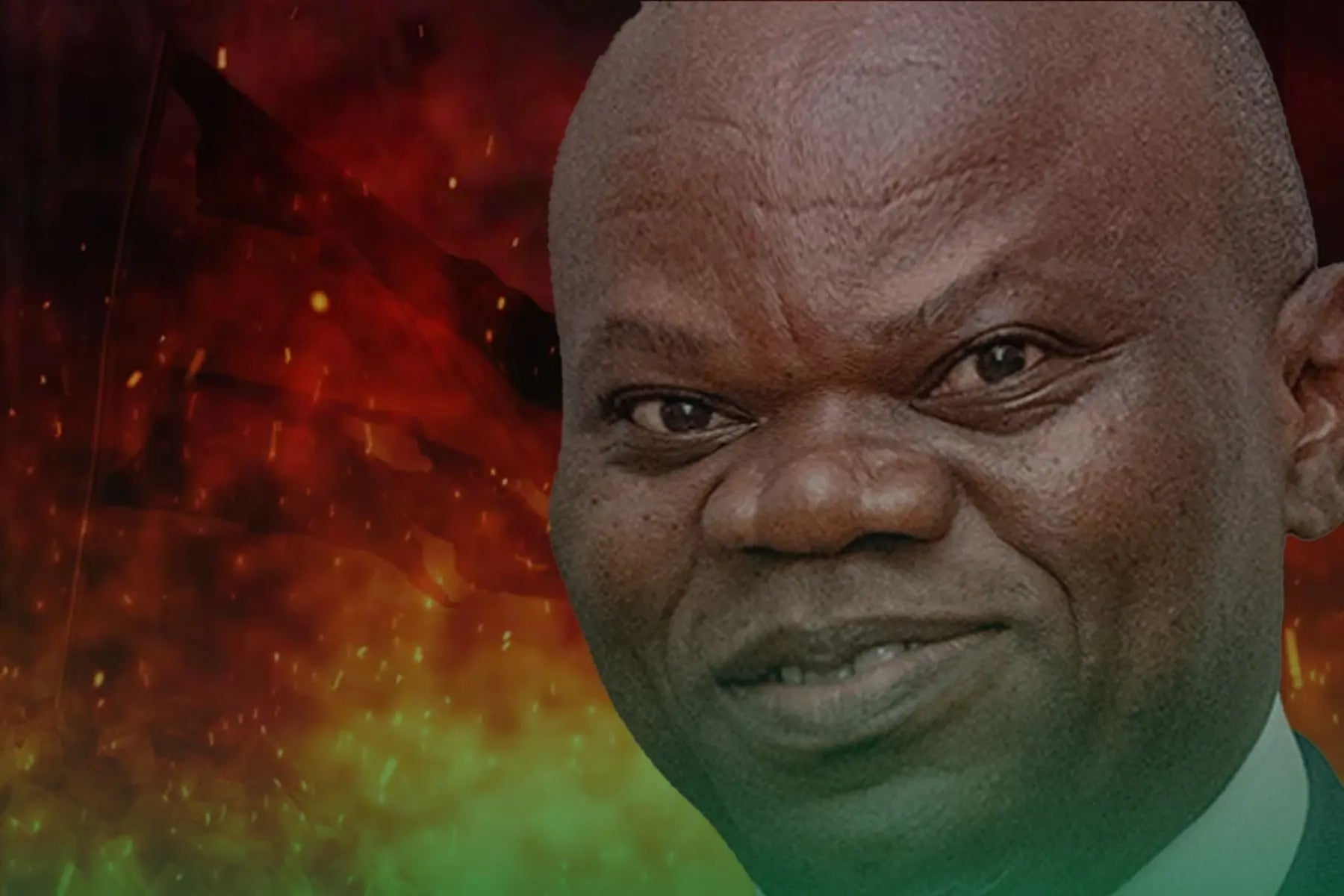
Oligui launched into a hunt for activists: what future for the protest in Gabon?
Gabon, led by Brice Clotaire Oligui Nguema since his coup d'état in August 2023, is mired in a repressive spiral. While the Ministry of Justice, through the voice of Paul-Marie Gondjout, announced yesterday, December 9, "legal proceedings against diaspora activists" who are allegedly active on the internet, the signs of a regime in the grip of intolerance and feverishness are accumulating. These activists, accused of defamation and insults on social networks, now see their freedom of expression criminalized. This measure, which primarily targets critical voices living abroad, highlights a power incapable of confronting contradiction and preferring to muzzle protest.
Only a military dictatorship would act like this! Whistleblowers are within their rights to say out loud what others were saying! Activists come out in response to incongruous observations that are growing in scale
— HRM MING🐈🐘🦍🌳 (@LynasRoyal) December 10, 2024
Social networks in the regime's sights
Gabonese government declares war on diaspora "activists" who have taken refuge in France https://t.co/jm1hkfJvlt #Gabon #activists #prosecutions #justice #CTRI
— Info241.com (@Info241_) December 9, 2024
With this statement, the Oligui Nguema regime is directly attacking social networks, the last free spaces for Gabonese people wishing to express themselves on the excesses of power. These platforms, although essential for a democratic debate, are now considered hotbeds of subversion. Paul-Marie Gondjout justifies these measures by accusing activists of spreading "defamatory" and "insulting" remarks, but this repression goes far beyond the legal framework.
Let us recall that Gabonese law, like most modern legislation, already provides for sanctions for abuses such as defamation or incitement to hatred. But by brandishing the threat of legal proceedings against critical citizens, the regime is displaying a desire to criminalize any form of protest. This betrays a posture of fragility, where the authority perceives itself as threatened by criticism that it can neither counter nor tolerate.
A striking contrast with the image worked on internationally
These excesses come at a time when Oligui Nguema is trying to project a respectable image on the international stage. His recent visit to Paris, where he was received by Emmanuel Macron at Notre-Dame Cathedral, raises profound questions. How can France, the country of human rights, allow itself to tacitly support a regime that tramples on fundamental freedoms?instead of going to marvel at the achievements of the colonizer, which are only possible thanks to the organized thefts of our African resources, with your benevolent help,
— narbi🇨🇲 (@narbi_gone) December 8, 2024
Think instead about building Gabon, so that it is France that comes to marvel at your achievements.
This contrast is all the more striking given that the strongman of Libreville had pledged, upon his arrival in power, to restore democracy and guarantee civil rights. But the increased repression of dissident voices, particularly diaspora activists, reveals a double discourse: on the one hand, the rhetoric of democracy to please the international community; on the other, authoritarian and intolerant governance towards its own people.
A worrying trajectory for Gabon
Oligui should learn from the mistakes of the Bongos. Muzzling the diaspora has never worked and will never work. Gabon needs freedom of expression.
— Eric Nguema (@NoraRobert87469) December 11, 2024
The regime's hardening stance does not bode well for the country's political future. By criminalizing activists, restricting freedom of expression, and concentrating power around his inner circle, Oligui Nguema is aligning himself more with the practices of oppressive regimes than with those of modern democracies.
This authoritarian dynamic only widens the gap between the government and the population. The Gabonese, who had hoped for a democratic renewal after decades of Bongo rule, are witnessing the consolidation of a repressive system where citizen speech is stifled. Social networks, instead of being tools for transparency and citizen participation, are now monitored and threatened.
The best way to prove your critics right
In a context where criticism, whether from within or outside, is systematically perceived as attacks, the Oligui Nguema regime is weakening itself. Because a power that refuses dialogue and contradiction condemns itself to govern in fear, ever more isolated from its people and their aspirations.
Gabon deserves better than a regime that is tense about its political survival. International allies, starting with France, have a moral responsibility: to remind the Gabonese head of state that political legitimacy is not measured by the strength of repression, but by the ability to listen to and serve one's people. And by acting in this way, Brice Oligui does not seem to realize the obvious: he is fully agreeing with the "activists" who criticize him and whom he would like to silence.


